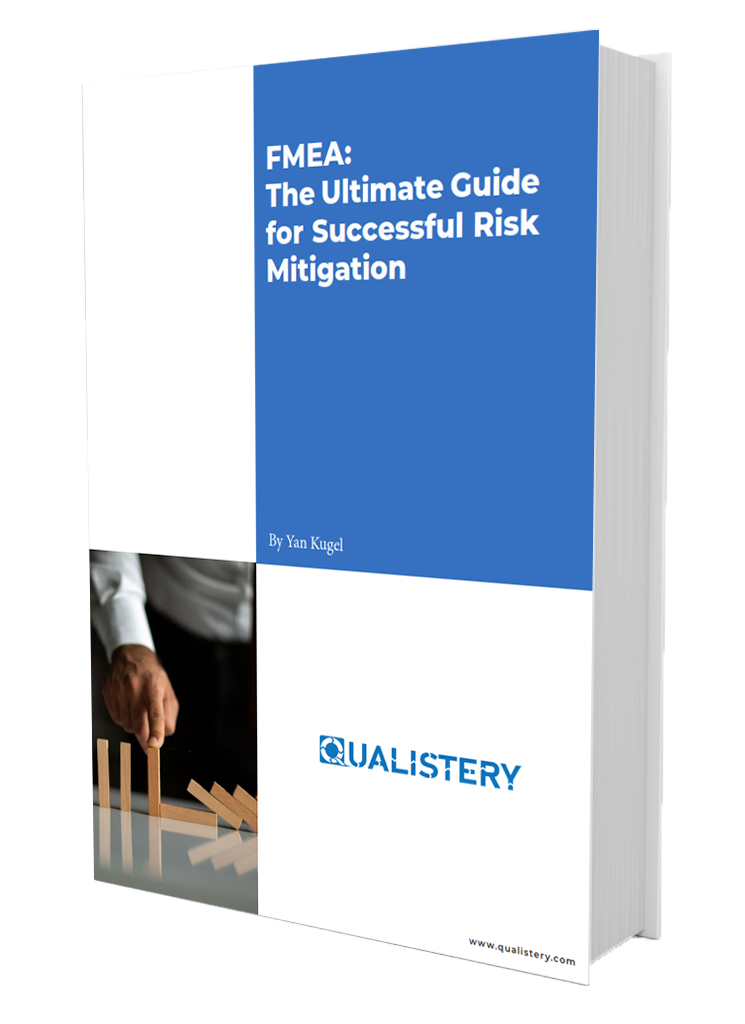Pharmaceutical industries are heavily regulated to protect patients from sub-standard or unsafe products. One important way to accomplish this is by enforcing Current Good Manufacturing Practices (CGMP).
What is cGMP?
cGMP is an acronym for “current good manufacturing practices.” The cGMP regulations are enforced by local state authorities. In the U.S., it’s the Food and Drug Administration (FDA). These regulations are designed to ensure that pharmaceutical products are manufactured in a clean and safe environment. They also ensure that the products are effective and safe for use. The cGMP regulations are constantly evolving, and new regulations are added as new technology and methods become available. The regulations are also periodically updated to reflect changes in the manufacturing process. The cGMP regulations cover all aspects of manufacturing, from raw materials to packaging and labeling.
What are the benefits of cGMP in pharmaceutical industries?
The benefits of cGMP compliance are many and varied, but perhaps most importantly, it helps to ensure that patients receive safe and effective medications. Adhering to cGMP guidelines helps to ensure that pharmaceutical products are pure, potent, and safe for human consumption. cGMP compliance also helps to prevent potentially dangerous drug interactions and side effects. Furthermore, following cGMP regulations helps ensure that pharmaceutical products meet all applicable quality standards the FDA sets. Overall, cGMP compliance provides numerous benefits for both pharmaceutical companies and consumers.
How does cGMP ensure quality control in pharmaceutical products?
To comply with cGMP guidelines, pharmaceutical manufacturers must meet some requirements, including maintaining clean and well-organized facilities, implementing quality control procedures, and documenting all aspects of their manufacturing process. The cGMP in Pharmaceutical Industries ensures quality control by imposing strict requirements on manufacturers. These requirements ensure that products are safe and effective. cGMP also requires that manufacturers have comprehensive and up-to-date knowledge of their products. This knowledge helps to ensure that products are of the highest quality and meet the needs of patients.
What are the requirements for cGMP compliance?
The cGMP requirements for pharmaceutical industries are divided into two categories: those that apply to the manufacture of active pharmaceutical ingredients (APIs) and those that apply to the manufacture of finished pharmaceuticals. APIs are subject to cGMP requirements outlined in the U.S. Food and Drug Administration’s (FDA) current good manufacturing practice (cGMP) regulations. These requirements cover all aspects of API manufacture, including quality control, facility design and maintenance, personnel qualifications, process validation, and recordkeeping. Finished pharmaceuticals are also subject to cGMP requirements outlined in FDA’s cGMP regulations for finished pharmaceuticals.
What are the consequences of not following cGMP guidelines?
The consequences of non-compliance with cGMP guidelines can be severe and include regulatory fines, recall of products, and loss of market share. If cGMP guidelines are not followed in pharmaceutical industries, it could lead to several consequences. For example, sub-par or dangerous drugs could be produced, potentially harming patients. In addition, not following cGMP guidelines could also lead to a loss of market share or even the closure of the business, as customers may lose faith in the company. Finally, not following cGMP guidelines could lead to hefty fines from regulatory authorities. In short, serious consequences can occur if pharmaceutical industries do not follow cGMP guidelines.
Final Words
To conclude, cGMP stands for current Good Manufacturing Practice. It is important for the pharmaceutical industry because it ensures that products are manufactured consistently and meet quality standards. cGMP helps to ensure quality control by establishing manufacturing procedures and standardized testing. To be compliant with cGMP, pharmaceutical companies must meet certain requirements. Not following cGMP guidelines can result in fines, business loss, and penalties
With a dedication to serving the pharmaceutical industry, Qualistery specializes in hosting informational webinars that support both professionals within the pharma sector and service providers. Our commitment lies in empowering businesses to maximize their impact through engaging virtual events and strategic webinar solutions. Additionally, Qualistery supports life science companies through private GxP training and compliance services.









